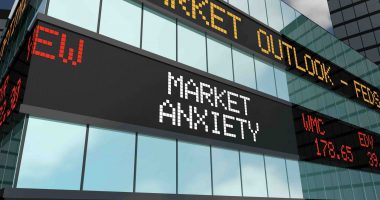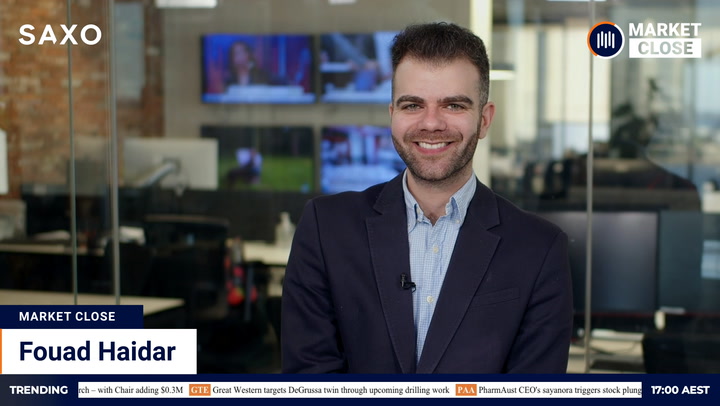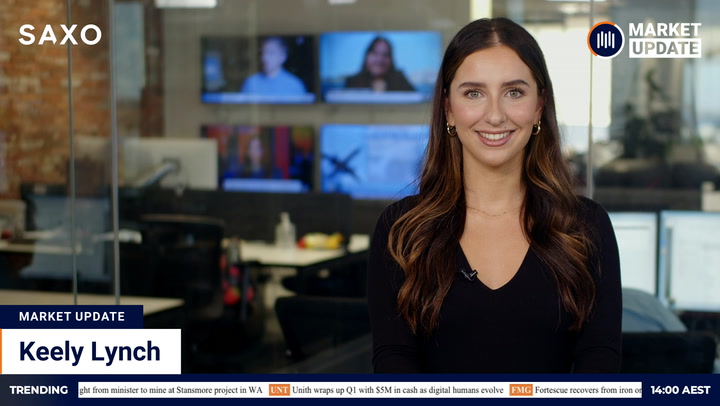A former director of Tesla Australia has been sentenced to two years and six months imprisonment for insider trading.
Kurt Schlosser pleaded guilty in November 2022 to two offences of insider training in relation to ASX-listed Piedmont Lithium (PLL). He was sentenced this week.
Mr Schlosser received prior knowledge of Tesla’s agreement with the company, which led him to purchase 86,478 shares in Piedmont in two separate transactions.
It is also believed that he advised a friend of the deal, who likely acquired shares as well.
Mr Schlosser, shortly after the announcement was made public, sold the shares for a realised profit of $28,883.53.
Mr Schlosser was handed down the sentence in the Sydney District Court last week but immediately released upon entering a recognisance on the condition that he be of good behaviour for two years and six months.
After dodging time behind bars, Mr Schlosser was forced to forfeit the profits made and also faced with a five-year ban from managing corporations.
In this case, it was a breach was of s1043A of the Corporations Act — one which carries a maximum penalty of 15 years imprisonment.
ASIC Deputy Chair Sarah Court affirmed the government agency was committed to acting against conduct that damaged the integrity of the nation’s financial markets.
“Insider trading undermines investor confidence and gives individuals an unfair advantage,” she said.
Ms Court said this instance highlighted the strict implications in place for wrongdoing.
How prevalent an issue is insider trading among major corporations?
The illegal practice of insider trading today remains an attractive opportunity to some individuals due to the possible financial gain and perceived low risk of being caught.
As regulators such as Australia’s ASIC and America’s SEC work to combat insider trading, companies are also taking steps to improve internal controls and compliance programs to prevent and detect misconduct.
Examples in the past have highlighted the further need to stamp it out.
Former CEO of Wells Fargo, John Stumpf, was fined $26.1 million (US$17.5 million) by the SEC in 2020 for his role in the bank’s fake accounts scandal. Mr Stumpf reportedly made false statements to investors and failed to disclose the bank’s fraudulent practices.
A month before the bank was charged with misconduct, Mr Stumpf sold US$61 million of Wells Fargo stock. However, these shares were ‘incentive stock options’, not ordinary shares, and so he was never convicted of insider trading.
Almost ten years ago now, Steven Xiao, the former head of China’s Hanlong was sentenced to eight years in prison for insider trading. Mr Xiao is said to have made 102 illegal trades relating to planned investments in ASX-listed companies Sundance Resources and Bannerman Resources.
He was believed to have profited around $1.7 million from the trades.
Despite increasingly strict sanctions against insider trading, the issue continues to be prevalent in many industries around the world.
Whistleblowers play an integral role in providing regulators with the information to prevent and detect insider trading.








